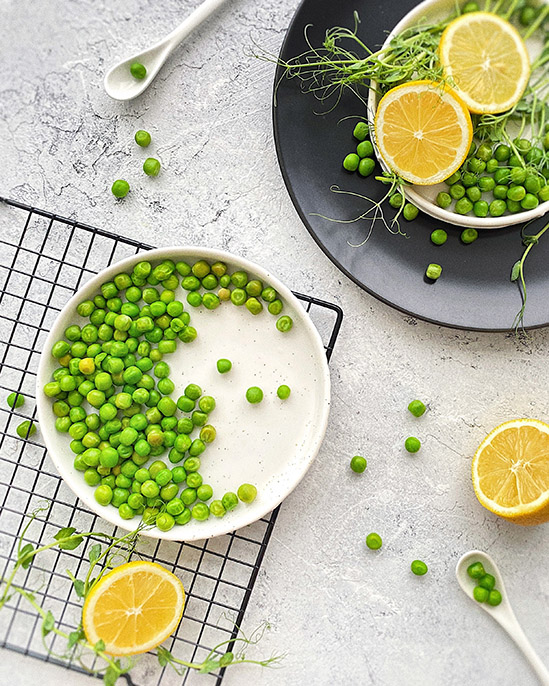GlobalSpa
08-Apr-2021
Do you find yourself racing to the pantry when you’re feeling down or otherwise upset? Are you someone who often reaches for the fridge when you’re upset, or after a mental setback? You’re not alone! Finding comfort in food is common, and it’s part of a practice called ‘emotional eating’. Dr. Umesh Wadhwani, Founder of Simply Wellness, tells you more.

There is a difference between “feeling hungry” and “just feeling like eating something”. The former happens when your body genuinely is craving nutrients and the latter is mostly associated with our emotions.
They say our gut is our second brain, and what we eat affects our mood. It works the other way round too, as our mood also affects our eating habits. Let’s delve a little deeper and understand if there is any scientific connection.
Our feelings of well-being as well as happiness, and our mood is stabilized by a hormone called Serotonin. 90 % of our body’s serotonin is produced by our gut lining. Furthermore, our gut is filled with trillions of bacterial cells, some of which are good bacteria, while a few are bad ones, with an ideal ratio of 85% of good bacteria to 15% bad bacteria. A combination of these two types makes an environment that we call our ‘gut flora’. For our gut to produce the right amounts of serotonin, it is very important that this gut flora remains intact. However, if you consume a lot of refined sugar, junk & fried foods, or smoke, drink alcohol & consume drugs, this gut flora gets disturbed. This, in turn, affects the serotonin levels and hence our mood as well as other functions.

This sends our body into that vicious cycle of getting stressed or upset and then resorting to junk foods and refined sugar, which again harms our gut flora and so it continues.
So, if you are someone who consumes ample amounts of sugary food on a daily basis then, in a way, it's likely that you are ‘eating your emotions’.
Whenever there is a problem, there are always two steps to fix it - the first one is acknowledging it and the second, doing something about it. As we have acknowledged the problem already, let’s discuss what we can potentially do to solve this.
To fix our gut health, we need to increase our healthy bacteria count by consuming probiotics and then feeding those bacteria by adding prebiotics to our diet.
Probiotics are foods or supplements that contain live microorganisms intended to maintain or improve the "good" bacteria in the body. Prebiotics are foods (typically high-fiber foods) that act as food for the human microflora.
Some examples of Probiotics: Yoghurt, Kefir, Paneer, Idli, Green peas, etc.
Some examples of Prebiotics: Apple, banana, barley, berries, oats, etc.

Along with that, we can always take some steps towards managing our emotions such as meditation and self-care activities like reading, listening to music, watching movies, exercising, and other similar stress-busting activities.
We must remember that our emotions are an important part of who we are, and so, it is our responsibility to deal with them in a healthy way. Rather than falling prey to our instant gratification needs and using unhealthy ways of coping, like stress eating (which can be harmful to your health), it is always a better idea to use healthier, more sustainable ways, such as the ones discussed above. So, let us all smartly manage our emotions and eat the right kinds of food to keep our minds and bodies healthy, as well as happy!